Asking good questions is second nature to you, as a UX researcher. But how about answering them? You can alleviate a great deal of anxiety about your upcoming job interview by preparing for it.
The good news is that if you’ve made a UX research portfolio, your preparation is halfway done because you’ve reflected enough on your past projects. All that’s left to do is to organize your thoughts around the most common UX designer interview questions:
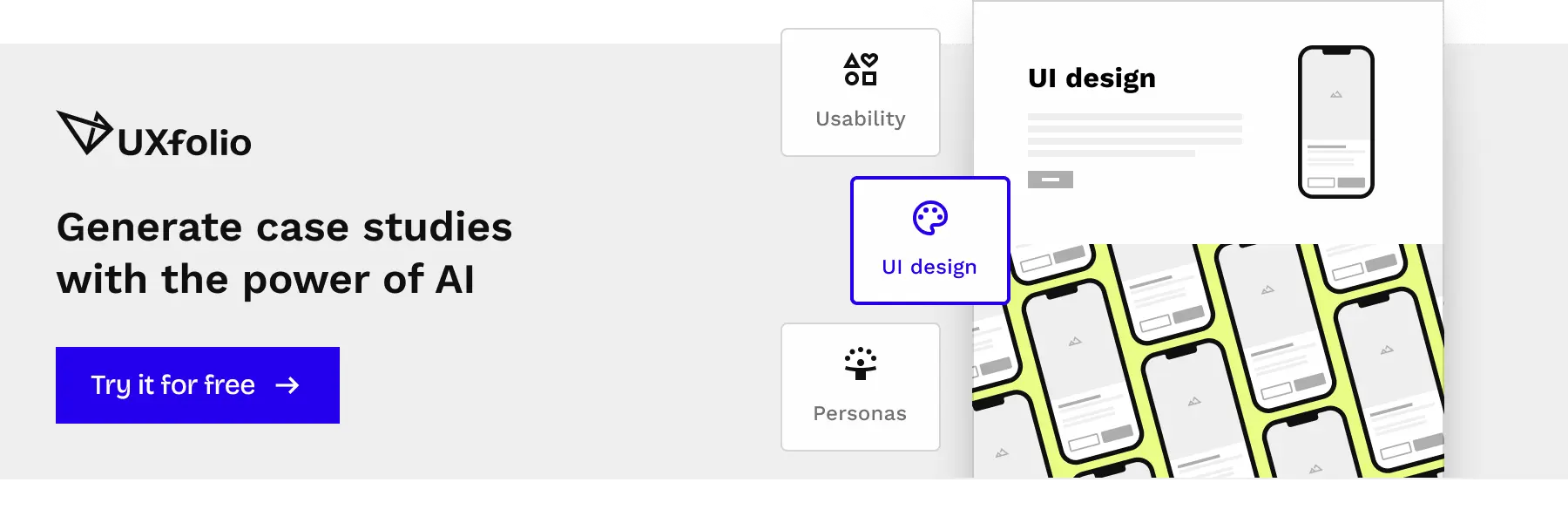
4 categories of common UX researcher interview questions
To make it easier for you, we’ve divided the interview questions into 4 categories. You’ll see that there’s some overlap, as some questions could be added to more than one of these categories
- General questions about UX research,
- Career-related questions,
- Experience-related questions, and
- Skill-related and technical questions.
1. General questions about UX research
After the usual rounds/warmup question, most interviews move on to general UX-related topics. These questions are rather broad and they provide a glimpse into your mindset and mentality towards UX.
The thing is, many of us in the industry understand what UX stands for. However, when faced with the task to give definitions, we tend to struggle. This can be a problem in real-world scenarios when you need to convince stakeholders about the importance and potential of your work.
The goal here is to get your facts and thoughts straight so you can give clear and coherent answers. But don’t mistake this for learning robotic, bookish answers! Quite the contrary: you should allow yourself some freedom so your interviewers can get a feel of your personality and willingness to think for yourself.
Questions:
- How would you define UX?
- Describe the value of UX!
- How would you explain the UX research process?
- What is the place of research in UX design?
- What defines a good UX researcher?
- What are the most important skills of a UX researcher?
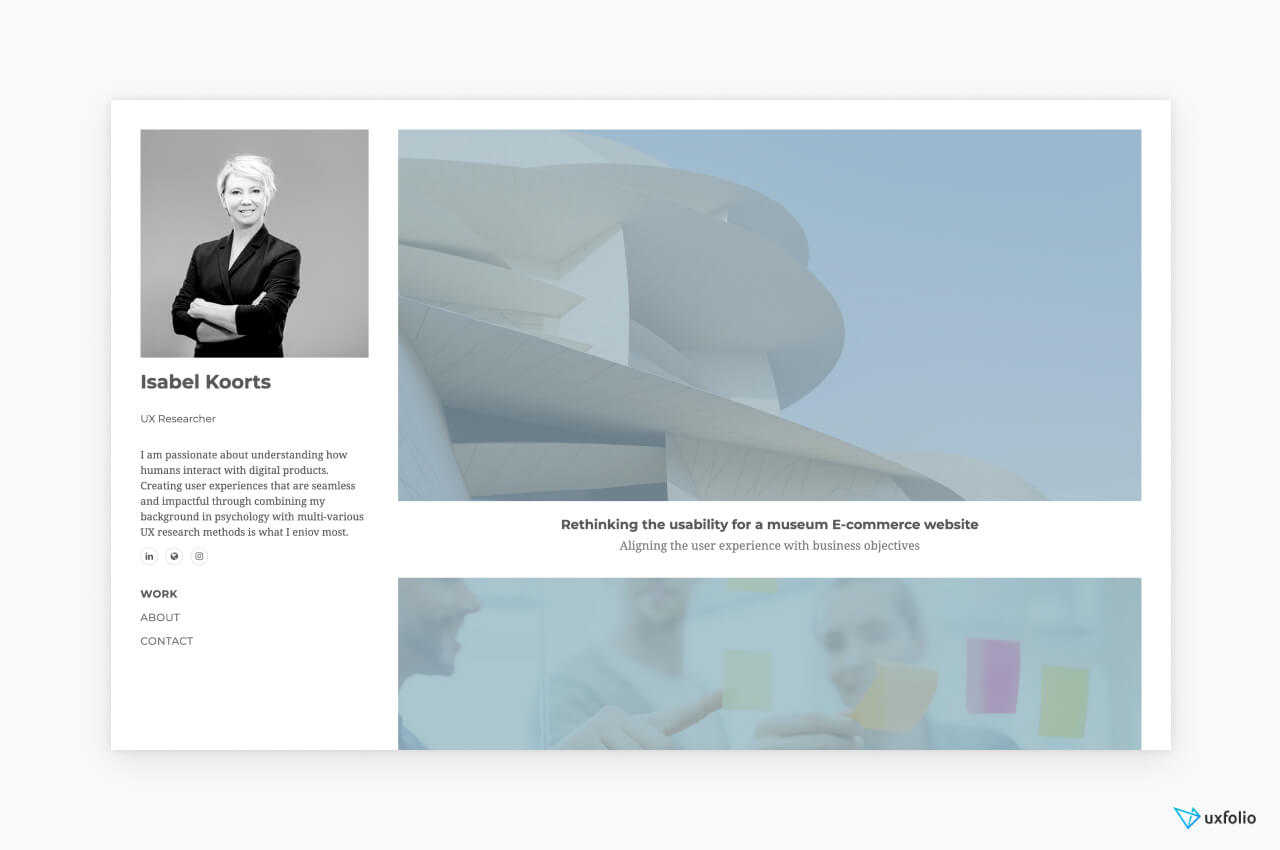
2. Career-related questions
Being passionate about UX research is just as important to your employer as it is to you. And nothing is more revealing in this regard than the way you express yourself when talking about your profession. It’s not just what you say, but your body language, tone, and facial expression. The whole room can sense it when someone talks with excitement.
We know that under the pressure of the interview situation, it’s easy to become tense and withdrawn. But you have to remind yourself to let go a bit, so your interviewers can see the real you. The good thing is that by preparing, you’ll be way less stressed.
Regarding answers to such questions, when for example your interviewer asks you about the publications you follow, what they want is to see if you can name a few off the bat, proving that you’re dedicated enough to follow the advancements in your field.
If you’re dedicated to UX you’ll have it easy. If you’re not, well, just prepare your answers.
Questions:
- How did you become a UX researcher? Did you study UX, or did you convert from another discipline?
- Why did you choose UX research as your career?
- What are some of the biggest challenges you have faced/are facing as a UX researcher?
- What was your favorite project that you’ve ever worked on?
- What’s your greatest weakness as mentioned to you by a manager or client?
- Where do you see yourself in 5 years?
- How do you handle it when people are skeptical of the value of usability research?
3. Experience-related questions
Experience-related questions reveal what type of a workmate you are, how do you approach unexpected obstacles, how do you communicate research findings, what are your positive and negative characteristics, and so on. Such questions tend to include a prompt to share a relevant real-life example.
This is why writing case studies for your portfolio is such a helpful thing: it forces you to think about the details of your projects. All those details will come in handy when you’re prompted to relate back to past experiences.
Questions:
- What’s an example of a difficult decision you’ve had to make as a researcher?
- How do you communicate your findings to stakeholders?
- What’s your process for working with designers and product managers?
- What do you do if you disagree with a product manager or teammate?
- Tell us about a UX research project that didn’t go as planned. How did you manage it?
- Tell us about your most successful project!
- Tell us about the project that makes you the proudest!
- What was an unexpected insight or finding that you had from a recent project?
- What general questions would you ask at the beginning of a project?
- Tell us about a research finding that contributed to the solution of a business problem.
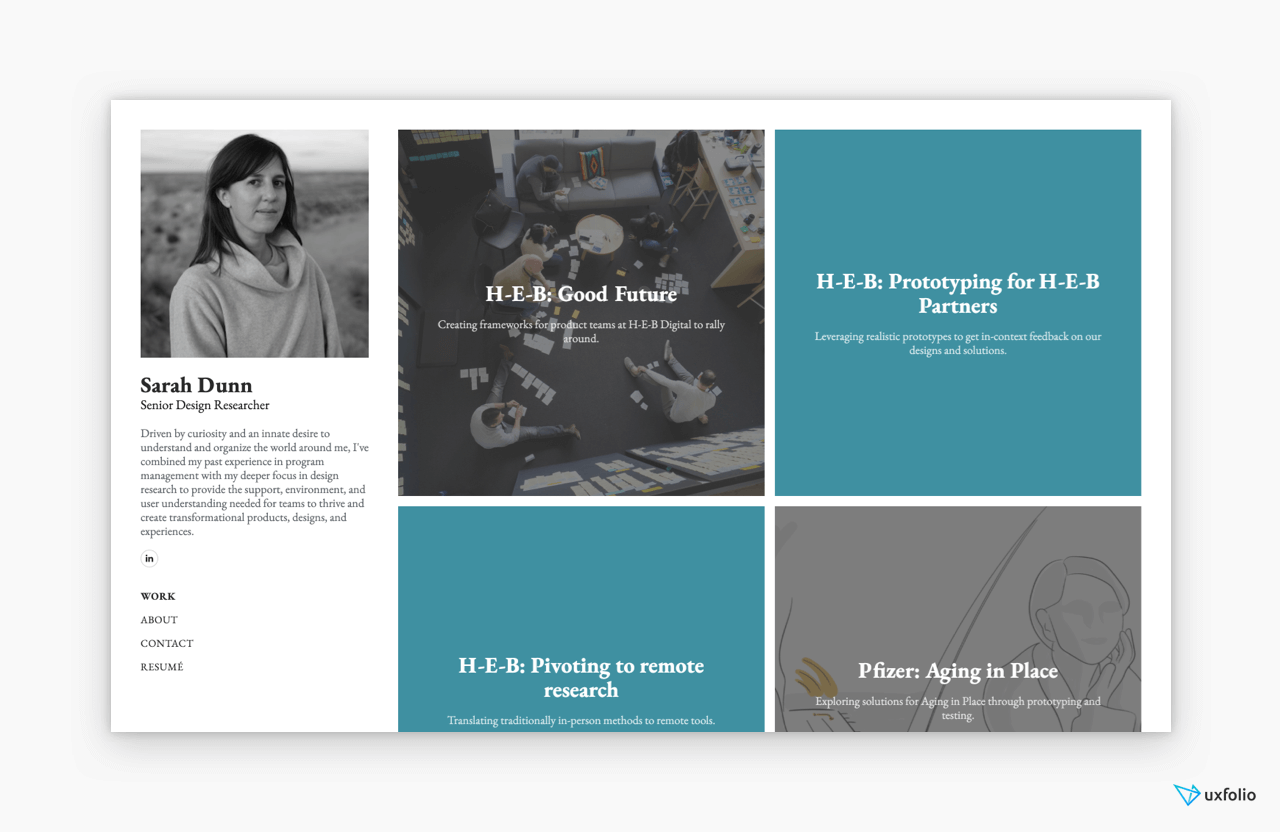
4. Skill-related and technical questions
By the time you’re at the interview, your portfolio has already revealed many of your skills to those involved. Now, it’s time to show that you can talk about your skills and achievements in person too.
This is the shakiest category of UX researcher interview questions as many companies will ask very specific things to find out out about what is of high importance for them. But then again, if you’ve put together a few case studies, reflecting on your previous projects, you don’t have much to worry about.
In this category, you should continue providing examples if you want to make an impact. Knowing theory is a great thing, but it’s even better if you know how to apply it in practice to achieve product goals and business objectives.
Questions:
- What is your best skill as a UX researcher and what advice would you give to someone who is trying to acquire this skill?
- Describe the type of research methods you prefer to use.
- What would you consider to be your main methods of expertise?
- How would you adjust user interviews if you were trying to test a particular interaction?
- How do you know that your findings or research have made an impact?
- If you had two products and had to ask one question of users to determine which they preferred more, what would you ask?
- How do you know if you are asking the right research questions for a project?
- What do you do if neither of the design options given to you for usability testing was successful?
- Describe a recent research project that produced lots of data. How did you go about analyzing the data and how did you derive findings and recommendations for the team and stakeholders?
- How do you design a research study for a new or concept product that participants may not fully understand?
- Pick a favorite app. Tell us how you’d evaluate it?
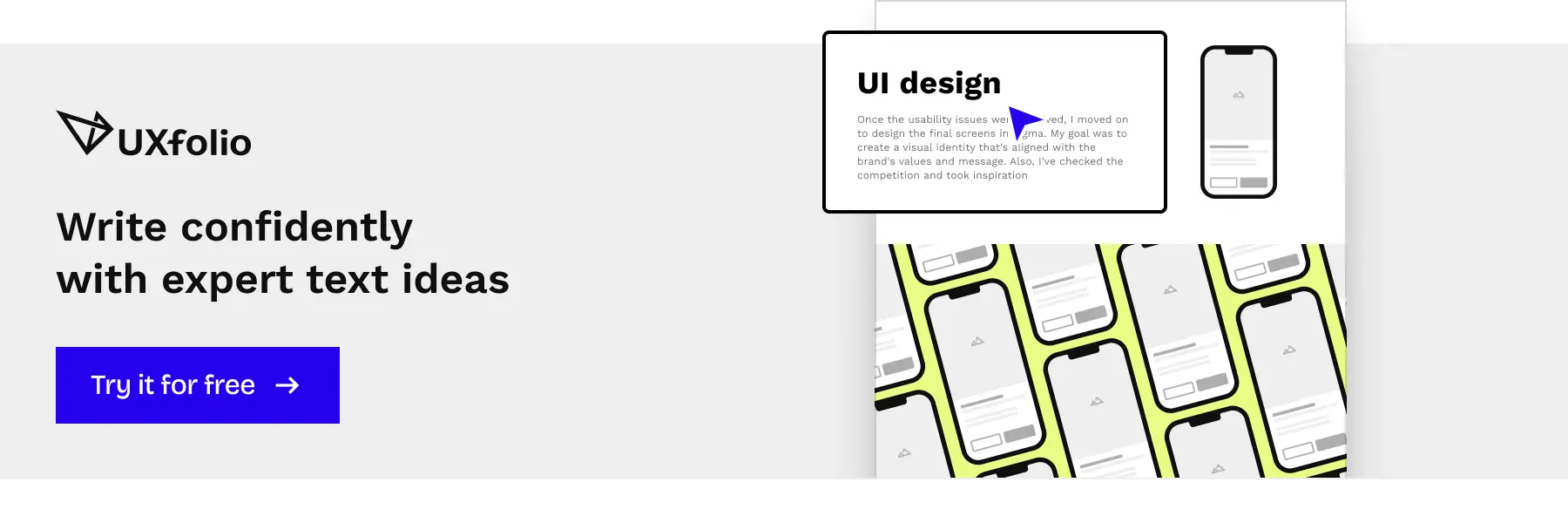
Should you use your portfolio during the interview?
For UX designers, portfolio presentation is part of the hiring process. That’s not the case with researchers. But it’s better to be prepared than sorry. It won’t hurt to bring your laptop or tablet with you so you can pull it out if you believe showing something can help the understanding of your interviewers.
Let’s say you’re talking about data visualization that convinced stakeholders about an unorthodox direction. It’s one thing to talk about it, but showing the actual visuals can make an even bigger impact. Just because you’re the one being interviewed, it doesn’t mean that you can’t initiate, especially if it helps your case.
Fact is, if there are many applicants for a position, it’ll be the small details that’ll put you ahead of the competition, so don’t be afraid to do your thing.
“It’ll be the small details that’ll put you ahead of your competition.”
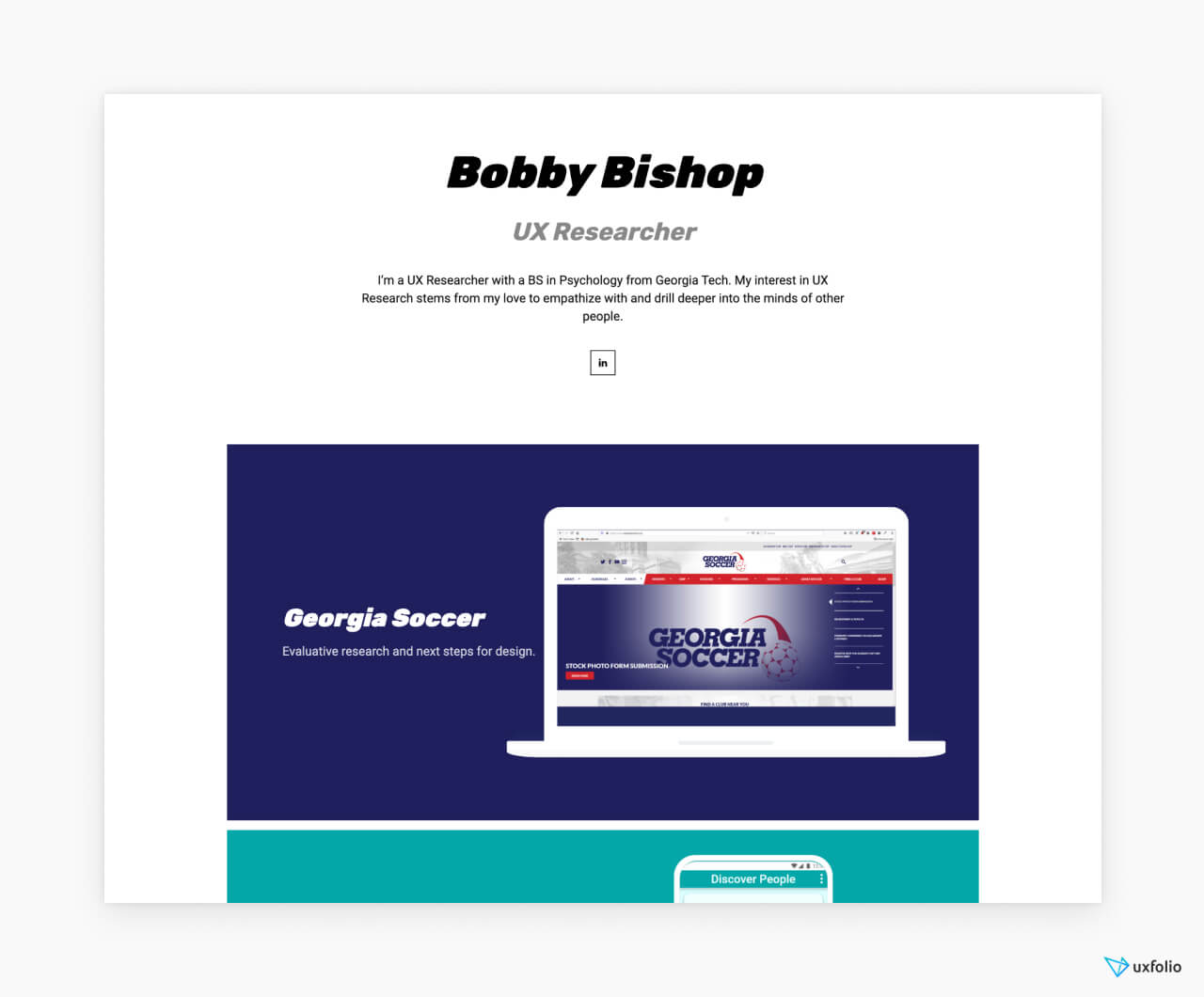
What makes good answers at a job interview?
What you must remember is that in many cases it’s not the answer that matters but the way you answer. It’s hard to resist someone that’s excited about their job. Many designers and researchers commit the mistake of trying to appear too-cool-for-school, acting how they believe a cool UXer should act, which is offputting.
So don’t mistake confidence with arrogance. Throughout the history of UXfolio, we’ve interviewed many cool designers and researchers. All of them have been down-to-earth and approachable. This just proves that you don’t need to put on a grand persona in order to work at a cool company.
Also, remember: all interviewers have their unique style and flow, so every interview will be different in some ways. Your interviewers can have a bad day, personal issues, and whatnot that’ll affect their mood and approach. These are the things that are outside of your control. Instead, you should focus on things that have power over:
1. Have confidence in your preparation
You might expect something very esoteric here, but instead, here’s the truth: at a job interview, confidence equals preparedness. The more you prepare, the more you think about your previous experiences and the why’s of your career, the more confident you’ll be. Even when you’re met with an unexpected question. The effect of preparing is three-fold:
- You won’t have to worry about the generic UX researcher interview questions. Since you’ve prepared for those, you’ll have fantastic answers. So instead of being anxious about the expected and the unexpected, you can cross out the former, and you’re already at 50%. Not a bad place to be.
- Just the fact that you’ve prepared and worked hard for it will give you a nice boost of confidence. Doing your best is the most you can do, and if you’ve done it, it affects your demeanor.
- By reflecting on your career, studies, and motivations to prepare for the interview, you’ll have answers even to unexpected questions. So you’ll have a much easier time to pull yourself together and give a well-rounded answer.
2. Examples make everything feel more real
If you do only one thing to prepare for your interview it should be collecting examples. Giving relevant examples alongside your answers is your key to nailing the interview. Using examples from your experience makes everything feel way more real and relatable. It also shows the impact of your work. And the list goes on.
Let’s take a very simple example: “what do you love about your profession the most?” A generic question, to which you’ll most probably give a generic answer about impact and changing people’s lives. But instead of finishing there, you should continue with an example of when your findings made a change in a previous project. It helps your listeners to form a picture and relate to you.
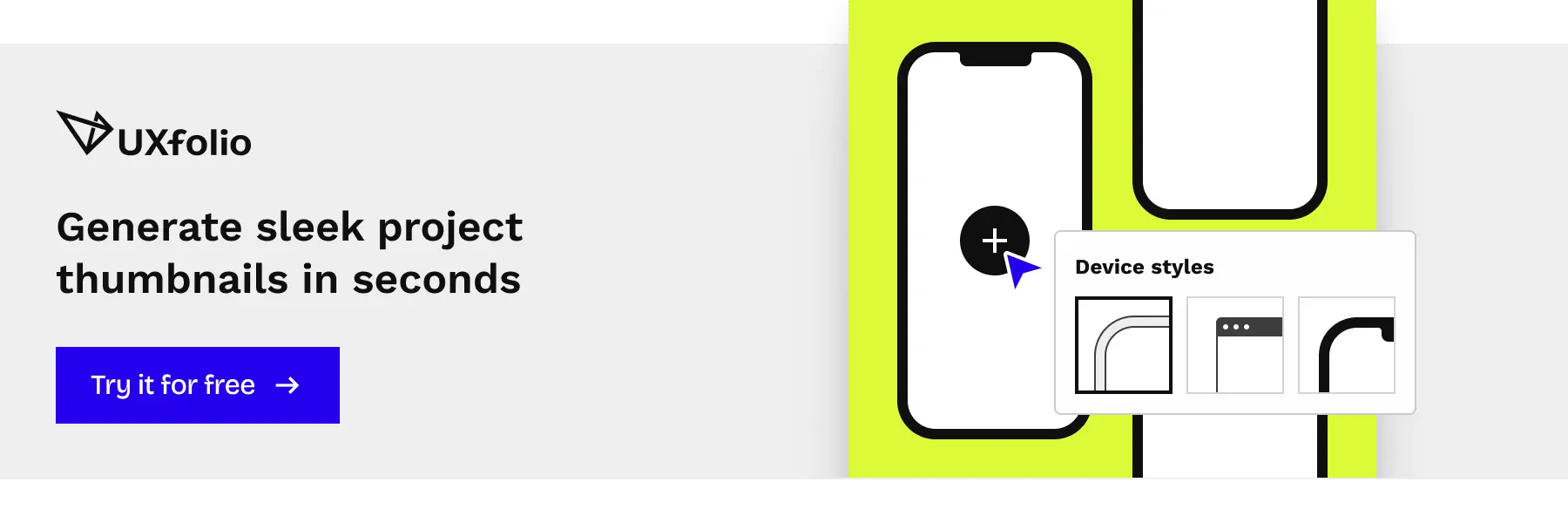
3. Show your willingness to grow
Yes, it’s a cliché, but it’s still important: you need to show that you’re willing to learn, adapt and evolve in your profession. And to continue with the clichés, it’s because nobody’s perfect and we must learn until we die. On a more practical note, your willingness to grow can prove to your potential employer that if needed, you’ll be willing to do something that might be new to you or not your favorite thing. A new method, a new tool, anything. And whenever possible, don’t forget to give an example from your previous projects.
4. Be gracious
Do not say anything negative about your workmates, bosses, or workplace in general. Avoid even the light stuff that you think will show you in a better light, such as not getting “enough challenging tasks”. The only thing you’ll achieve is them asking themselves “will our tasks be challenging enough for them?” (And we know interviewers who’ll actually ask you this question.)
You have some “experts” encouraging you to be totally honest, and this approach might work in a few cases. But the real world is different. The new school of recruiters might be receptive to your honesty, but most companies are not there yet, so it’s better to just keep safe.
Build your UX researcher portfolio with UXfolio!
To get to the interview, you need to pass the initial stages of the hiring process. These involve the review of your portfolio. And creating an impactful portfolio can be a pain. That’s why we’ve created UXfolio, the portfolio builder for UX designers and researchers. UXfolio’s case study generator, portfolio templates, font pairings, built-in device mockups, and other intuitive sections were made to satisfy the specific needs of UXers. You can create a stunning UX researcher portfolio without having to design or code. Try UXfolio for free!